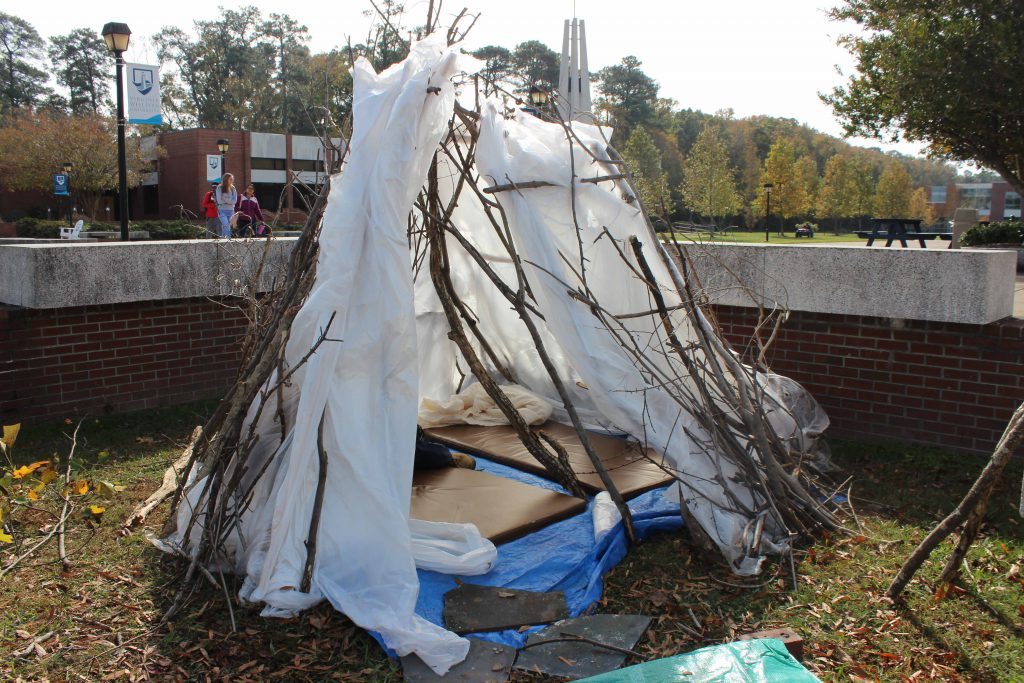
By Becca Lazzeri
A California court has ruled that Apple must comply with the FBI’s demand to create a “back door” into the iPhone for the sake of gaining criminal evidence about the San Bernardino shootings. Apple’s leadership has said it will appeal the decision.
Syed Farook and his wife Tashfeen Malik killed 14 people at a holiday party in San Bernardino, California, on Dec. 2, 2015. Rather than Farook himself, who died in a shootout with police, his iPhone is at the center of the legal debate between personal security and rights of the government.
Apple posted a letter titled “A Message to Our Customers” on its website.
“The United States government has demanded that Apple take an unprecedented step which threatens the security of our customers,” the letter said. “We oppose this order, which has implications far beyond the legal case at hand.”
Following the San Bernardino mass shooting, the FBI said that the data on Farook’s iPhone could give investigators clues about whom the shooters contacted before the shooting, and where they fled directly afterward. Officials believe this data would provide information about whether the attack could be traced back to the Islamic State terrorist group.
Apple has remained transparent since the FBI asked for a solution to its encrypted security system. The company said in its letter to customers that, generally, it will make lengthy efforts to help the FBI solve cases like the one that occurred in San Bernardino. However, customer privacy is of the utmost importance, and it would be impossible to create a security breach without putting all iPhone users at risk of potential invasion of privacy, it said.
In regard to the San Bernardino case, CEO of Apple Tim Cook said, “Up to this point, we have done everything that is both within our power and within the law to help them. But now the U.S. government has asked us for something we simply do not have, and something we consider too dangerous to create. They have asked us to build a back door to the iPhone.”
FBI director James Comey wrote on the website Lawfare, a national security blog, “We simply want the chance, with a search warrant, to try to guess the terrorist’s passcode without the phone essentially self-destructing and without it taking a decade to guess correctly.”
Comey said that with the requested cooperation from Apple, it would take 26 minutes to decrypt an iPhone and collect the data needed.
“There’s already a door on that iPhone. Essentially, we’re asking Apple to take the vicious guard dog away and let us pick the lock,” said Comey. “It’s not their job to watch out for public safety. That’s our job.”
For non-iPhone users, the dilemma concerns an individual’s right to personal security.
“Androids don’t have the fingerprinting or iCloud and tracking devices that iPhones have, so it’s different,” said sophomore criminal justice major Kaci Wertz. “Apple has to have a backdoor into their software because if something goes wrong they have to be able to fix it. They just aren’t going to use it.”
Defining the “back door,” Cook said, “Specifically, the FBI wants us to make a new version of the iPhone operating system, circumventing several important security features, and install it on an iPhone recovered during the investigation. In the wrong hands, this software — which does not exist today — would have the potential to unlock any iPhone in someone’s physical possession.”
“It’s interesting because it’s not just access to one phone, it’s a universal back door key into any iPhone,” senior Alexis Turner-Lafving said. “So are they just going to start peeking around into anyone’s iPhone if they need to? What does that say about the level and surveillance of the government?”
The case has gained global attention from other countries, such as China, because of the great implications for cybersecurity. However, because of the intense controversy, many are beginning to doubt that the San Bernardino case would be a good case to set a precedent.
“There is precedent for the FBI being more invasive during their investigations, so much so that they have had to toss out many investigations in the past because the evidence would have made the case illegal,”junior Musa Ghaznavi said. “The FBI just wants to test public opinion of privacy now. It is good PR for Apple either way.”
Those who support the FBI’s demands argue that this measure would protect US citizens by strengthening national security.
“I don’t think many people would have personal information that if in the wrong hands would come back and hurt them on their iPhones,” senior Sean Grieser said. “If Apple would cooperate with the FBI it could help further national security.”
“I think it is a generation thing, where millennials say, ‘So what, I don’t have anything to hide,’ whereas the older generation, coming from the Cold War era, are much more concerned about their personal privacy,” Ghaznavi said.
Apple’s side of the debate picked up momentum in February when a New York judge ruled against the FBI’s request for information from a locked iPhone in a drug case. Apple claimed that the government has filed motions for Apple to assist in nine other cases.

